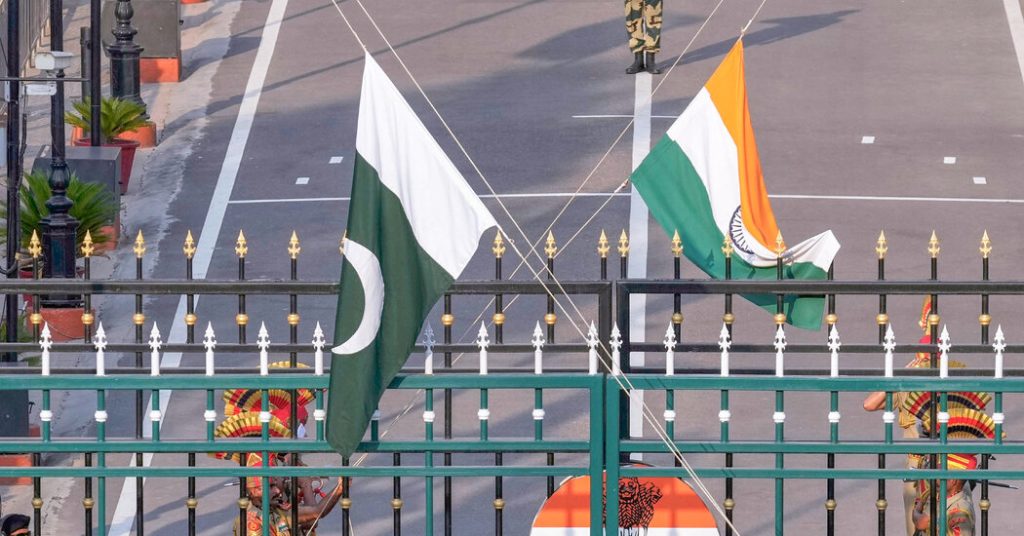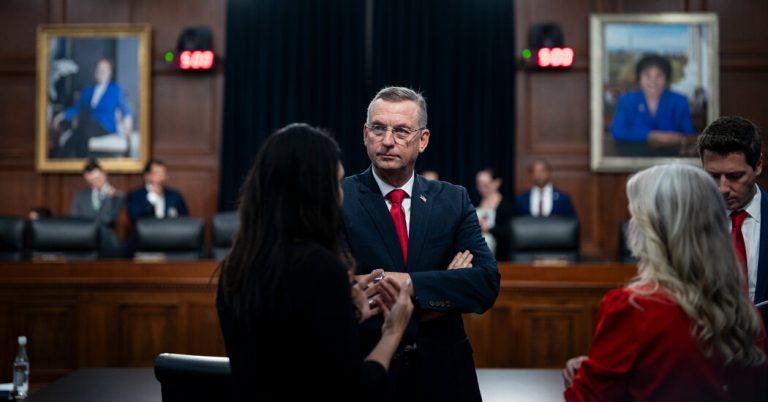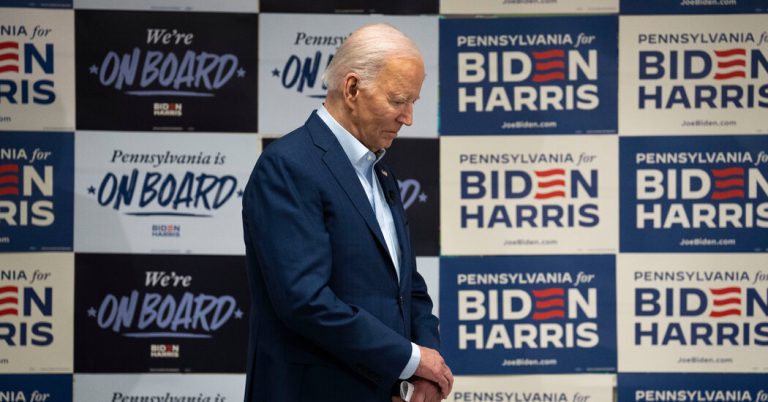When India and Pakistan clash, the world too often dismisses it wearily as just another flare-up of age-old animosities over religion and Kashmir punctuated by inconclusive cross-border skirmishes. As President Trump recently put it — inaccurately — “They’ve had that fight for a thousand years in Kashmir,” and “probably longer than that.”
This is somewhat understandable. Despite a few wars and many more scuffles between Muslim-majority Pakistan and predominantly Hindu India, confrontations have always been followed by negotiation and diplomacy, often facilitated by the United States. Even when serious fighting did erupt, established guardrails kept the two sides from coming too close to the unthinkable: using their nuclear weapons.
That predictable cycle is a thing of the past. The immediate trigger for the military conflict now underway between the countries was a terrorist attack on Hindu tourists in Kashmir last month that killed 26 people. The incident’s rapid escalation into armed hostilities spotlights a profound and dangerous shift in the India-Pakistan rivalry in recent years that has eliminated the diplomatic space that had allowed the neighbors to avoid a devastating conflict.
That shift can be traced to the two countries’ vastly different trajectories.
India has emerged as a geopolitical and economic powerhouse and its Hindu nationalist prime minister, Narendra Modi, has cast it as not only a great nation, but an ascendant great civilization whose moment on the global stage has arrived. This has crystallized an uncompromising mind-set in which New Delhi increasingly views Pakistan not as a disruptive nuisance but an acute threat to India’s rightful rise. India has lost patience with Pakistan’s claim on the Indian-held half of Kashmir, the Muslim-majority region that each side calls its own, and its support of anti-India terrorism.
Pakistan, on the other hand, has been mired for two decades in economic, political and security crises. One institution there reigns supreme: a powerful army that dominates decision-making and has very significant conventional and nuclear military capability. Although beleaguered, Pakistan, with its own ambitions to remain a regional power, is unwilling to back down against India and on issues such as Kashmir that are central to its national identity.
In decades past, it was usually Indian restraint in the face of Pakistani actions that maintained an uneasy equilibrium. Even after deadly incidents such as the 2008 attack in Mumbai by Pakistan-based terrorists, which killed 166 people, India typically responded with moderation and periodic peace overtures.









